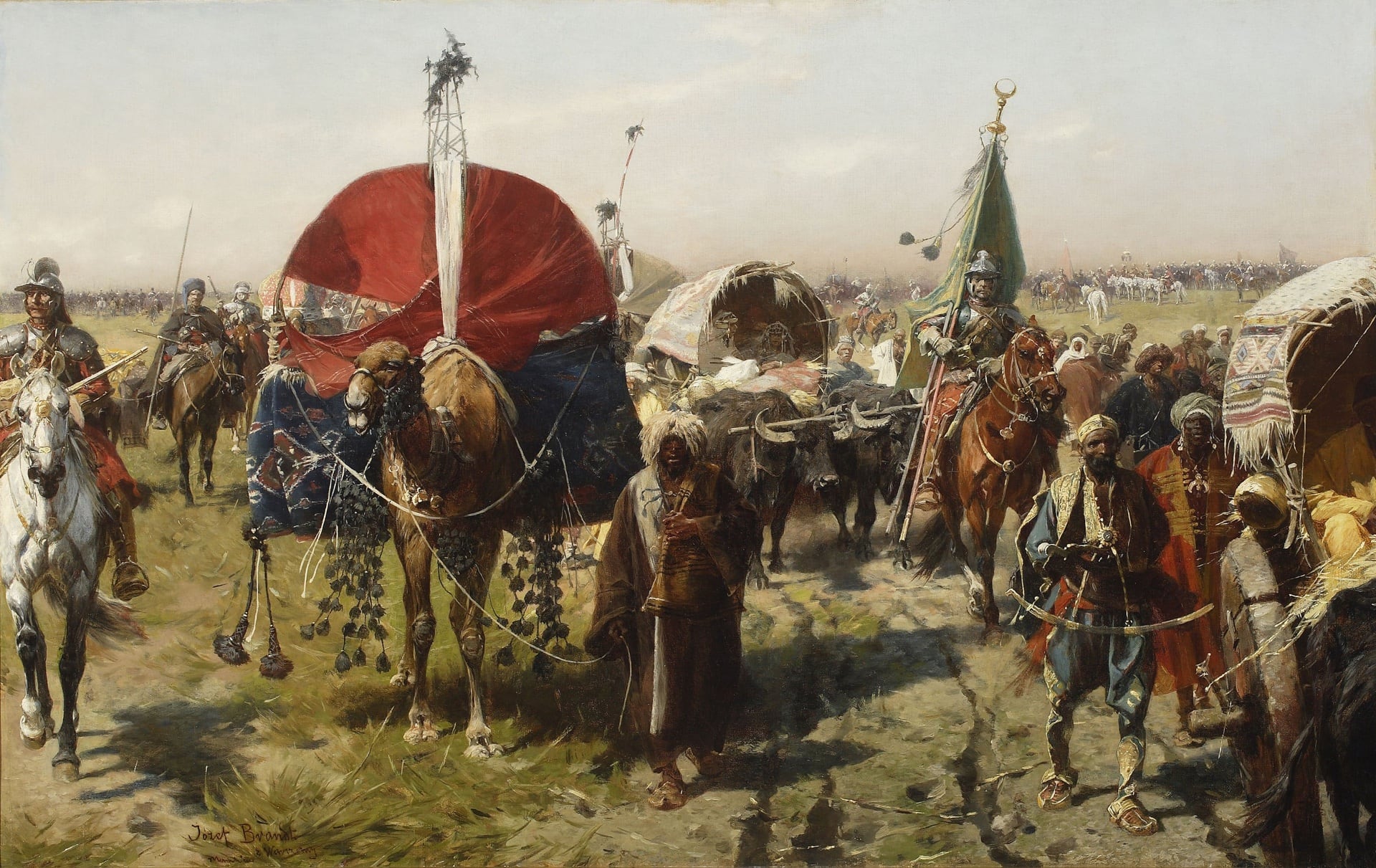Talk
April 18, 2019 / 20:45
Pera Film launched Hand of Another in March, a new series of screening held in cooperation with Fol. Hand of Another focuses on films that question the gap between people in a society where distances close and opportunities grow.
In All the Cities of the North, Dane Komljen explores abandoned places and human relationships therein, the latter based on silence rather than speech. Isolated spaces savoring of a little utopia are filled with human relations and what humans do. Spaces gradually build a memory. Wandering around those spaces, Komljen also opens a window into various forms of human sociality brought to life there. Ferda Keskin will give a speech exploring the aspects of the film following the screening.
About Ferda Keskin
Ferda Keskin has a B.A. degree from Department of Philosophy, Boğaziçi University as well as M.A. and PhD from Columbia University. He taught Philosophy and Humanities courses at Columbia University. In 2003, he started to work at Department of Comparative Literature at İstanbul Bilgi University to serve, between 2003 and 2006, as the Director of the Cultural Studies Graduate Program. In 2007, Ferda founded the Political Economy and Social Philosophy undergraduate program, and the Philosophy and Social Thought Graduate Program. From 2008 to 2010, he chaired the International Association for Cultural Studies.
This program’s screenings and events are free of admissions. Drop in, no reservations.No entrance after the first 15 minutes of the screening.

in collaboration

Józef Brandt harboured a fascination for the history of 17th century Poland, and his favourite themes included ballistic scenes and genre scenes before and after the battle proper –all and sundry marches, returns, supply trains, billets and encampments, patrols, and similar motifs illustrating the drudgery of warfare outside of its culminating moments.
Tuesday - Saturday 10:00 - 19:00
Friday 10:00 - 22:00
Sunday 12:00 - 18:00
The museum is closed on Mondays.
On Wednesdays, the students can
visit the museum free of admission.
Full ticket: 300 TL
Discounted: 150 TL
Groups: 200 TL (minimum 10 people)